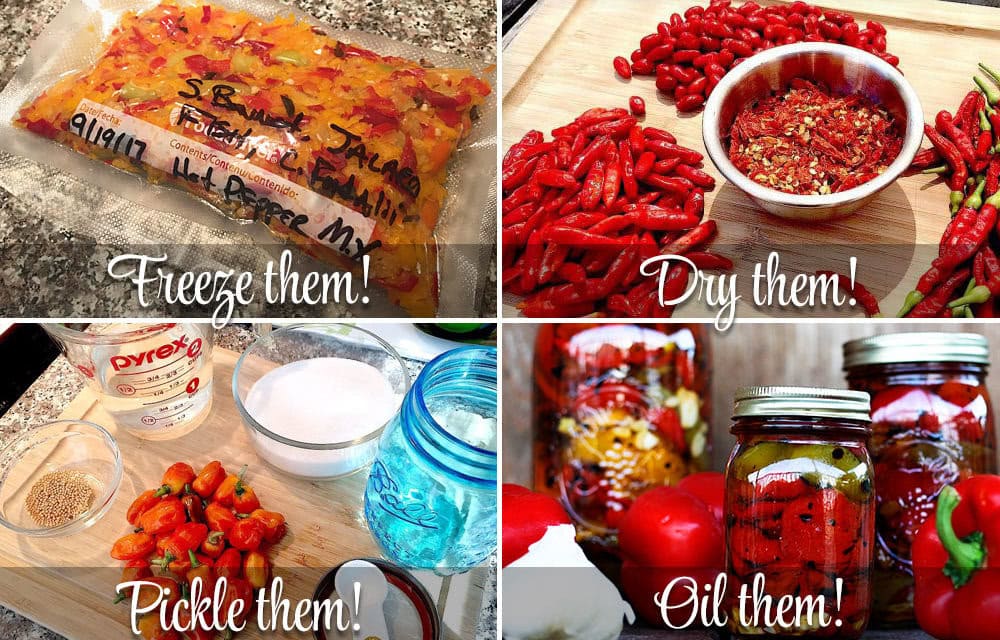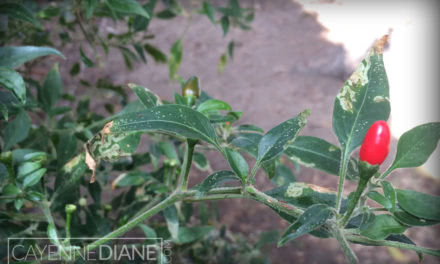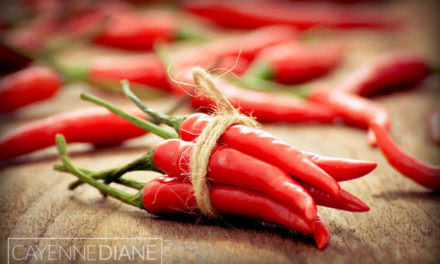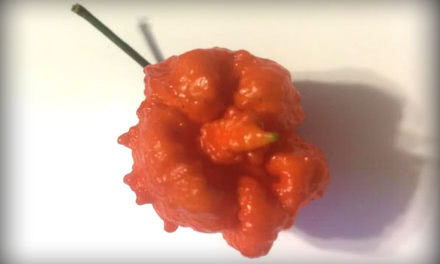Here are a few good ways to preserve peppers. Preserving your chile peppers is a great way to have them available for use year-round. Choose between freezing, drying, pickling, or preserving in oil. Each method results in a different texture, but the flavor and heat will remain.
FREEZING CHILES
All hot pepper varieties freeze well, thick or thin-skinned. Frozen peppers will lose some of their crunch, so it’s not ideal to use frozen peppers for pickling. Cooking applications are best for frozen peppers, like making hot pepper jellies or hot sauces or adding to dishes. It is not necessary to cut or chop hot peppers before freezing, but you certainly can if you typically use them chopped or sliced into strips. After slicing you can remove the seeds & pith before freezing if you prefer, removing some of the heat. You can also roast them in the oven or on the grill prior to freezing to add more flavor.
To freeze peppers:
(1) Thoroughly wash your hot peppers, making sure all crevices are cleaned. Discard any damaged peppers.
(2) Pat them dry and let them sit out until all signs of moisture are gone.
(3) Either vacuum seal them (I love my FoodSaver for this) or put them in Ziploc bags designed for the freezer.
(4) Label and date each bag. It is generally recommended that frozen vegetables be eaten within about 8 months for the best quality.
DRYING CHILES
Thin-skinned chiles dry very well, varieties such as cayenne or Thai, and look wonderful strung into simple ristras. Steer clear of hot peppers with thick flesh, like jalapenos. Their flesh is too thick and may mold before drying.
It’s important to hang the ristras somewhere quite warm and dry at first. If it’s sunny they can even go right out in the full sun. Once fully dried they should last a year, or more.
No time for a ristra? Simply let the peppers dry out on a cooling rack in the kitchen, allowing air circulation from below. Put the tray in a sunny, well-ventilated room. The kitchen windowsill is a great spot. Once dried, you can store them as is in an airtight container or grind them up into pepper flakes or a powder.
Dried, ground chiles don’t expire, but the flavor will degrade over time and lose their kick. Ground spices, including chiles, stay fresh for roughly four years. You can can also freeze whole, dried chilies in sealed plastic bags to preserve their oils. Here’s my in-depth article all about drying peppers.
To rehydrate, place the chiles in a bowl and cover them with boiling water. Let them sit for 20 minutes. Once rehydrated, they will be soft and ready to cook with.
PICKLING CHILES
Pickling is a quick and easy way to preserve peppers. Wash and slice your chiles. Typically they are cut into rings, but you certainly can quarter them or slice them lengthwise. Depending on how hot you’d like your peppers, you can remove the seeds & pith. Removing the interior white pith, where the capsaicin glands reside, will make your peppers a little less spicy. You can also make them with vinegar only, or if you’d like them a little sweet, you can include sugar when pickling, along with a number of spices such as mustard seeds and garlic. There are many different pickling recipes online. Note: Please be sure to properly sterilize your pickling jars before use. Below are basic steps for pickling:
(1) Pack the peppers in a sterilized jar. Fill it to within an inch of the rim with chiles.
(2) If you want add a little flavor, mix in three tablespoons of salt and 15 mustard seeds and/or black peppercorns before packing in the peppers.
(3) Bring about 2 cups of white vinegar to a low boil. If you want the peppers to have a sweet flavor, dissolve six teaspoons of sugar into the vinegar.
(4) Once the vinegar is at a low boil, pour the hot vinegar over the peppers. Fill the jar to within about half an inch of the top making sure to cover the peppers completely.
(5) Let the peppers cool on the counter.
(6) Store in the refrigerator. The longer you let the mixture sit, the stronger the pickled taste will get. Enjoy the pickled peppers as a side dish or on sandwiches.
PRESERVING CHILES IN OLIVE OIL
If preserving in oil, I suggest roasting your peppers first to give them lots of flavor. Adding a garlic clove or 2 to the jar will add even more flavor. Thicker peppers work better for this method, like Hatch, Anaheim, jalapeños, Hungarian peppers, Italian Long Hots, or bell peppers. It’s up to you how you’d like to roast your peppers. Some people prefer the oven on broil, some prefer to grill. Regardless of which method, the goal is to get an even char on all sides. Find out how to Roast and Peel a Chile Pepper in Three Simple Steps.
After the roasting is finished, while the peppers are still hot, place the charred peppers in a bowl and cover with some plastic wrap. By doing this, the peppers are steamed a bit while they cool, about 20 minutes.
After your peppers have cooled off enough for you to handle with your hands, peel off the blackened skins. Once all the charred skins are removed, slice the peppers to your preferred size, remove the stem, ribs, and seeds. The goal is to basically just have the flesh of the peppers remaining. Place the peppers into a properly sterilized jar. Don’t cram the peppers in, they will compact themselves sufficiently and you want to leave room for the oil to circulate.
Heat olive oil in a saucepan over medium heat until 200°F. Be sure to use regular olive oil, NOT extra virgin. Extra virgin olive oil breaks down faster once heated and can go rancid. Ladle the olive oil into the jars using a canning funnel until the peppers are completely submerged. Use a fork or skewer to slide down the sides of the jar to release all air bubbles. Be sure to get all air out of the jars. Add more oil to keep the peppers covered if necessary. Lid the jar and let cool for about an hour before refrigerating.
Properly refrigerated, these peppers will keep for 3 months.
Ways to use marinated peppers: Chop them and toss them with freshly cooked pasta. Make a pesto. Make a spread/dip with them. Put them on a meat and cheese tray for a party. Put strips of them on pizzas. Purée them with some oil and vinegar for a salad dressing.
TIPS
Remove the pith and seeds from chiles to reduce how spicy they are. To avoid irritating your skin, wear plastic gloves when handling hot peppers and always wash your hands after handling them.






